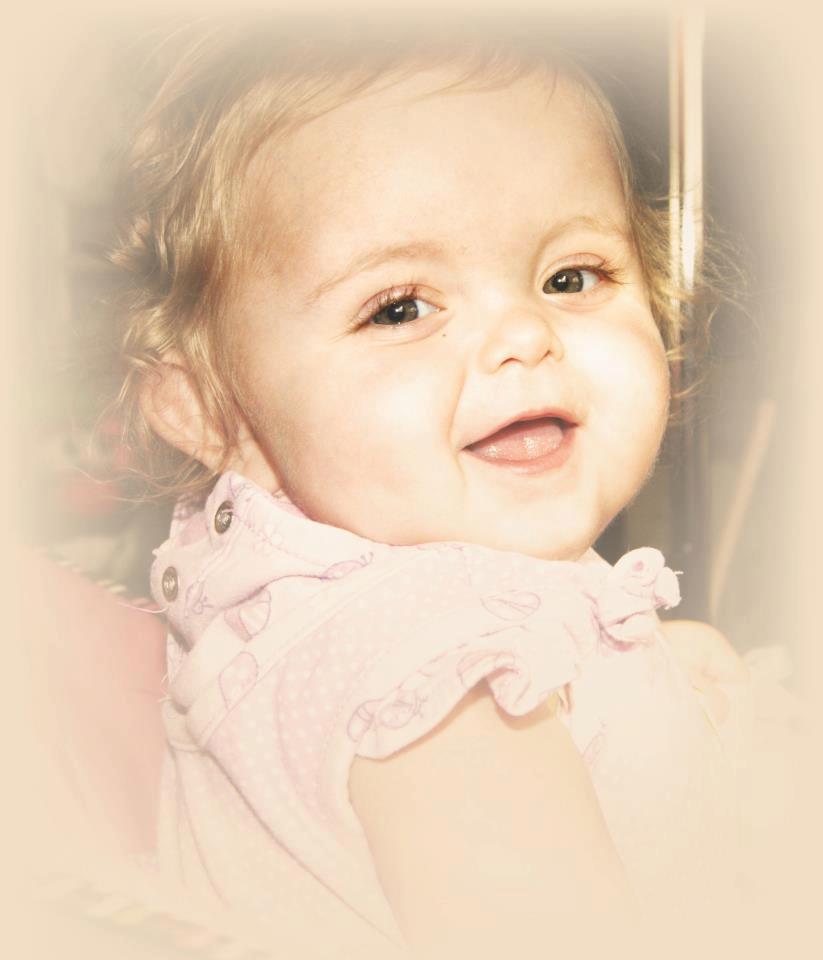Gabrielle Corinne Carver born August 15, 2010

Gabrielle was born with an extremely rare disease called Microvillous Inclusion Disease. She was recently diagnosed after being hospital-ized for nearly 5 weeks, 5 days after birth.
Gabrielle suffered from severe diarrhea, which lead to life threatening dehydration just days after being born. Her symptoms never seemed to clear up no matter what formula or medications she was tried on. Finally, after two weeks of hospitalization, she underwent an EGD and Colonoscopy with multiple biopsies taken. Those biopsies where then evaluated by a Florida pathologist, who then forwarded the slides to a specialist in Philadelphia, which then sent it out to a pathologist in Detroit for a final opinion. After 3 long weeks of waiting, a diagnosis was made. However, it was a diagnosis that would forever be life changing. Gabrielle will need a small bowel transplant.

What is Microvillous Inclusion Disease?
Microvillous Inclusion is an extremely rare inherited intestinal disorder that is typically apparent within hours or days after birth. Only, approximately, two dozens cases have been identified in the medical literature. The disorder is characterized by chronic, severe, watery diarrhea and insufficient absorption of necessary nutrients due to incomplete developement and/or degeneration of certain cells of the wall of the small intestines. In infants with Microvillous Inclusion Disease, chronic diarrhea and malabsorption my result in severe dehydration, deficiency of necessary nutrients (malnutrition), and failure to grow and gain weight at the expected rate (failure to thrive). It is nearly always fatal unless treated with parenteral nutrition or an intestinal implant.

What is Total Parenteral Nutrition?
Total parenteral nutrition (TPN) is a form of feeding in which all nutritional needs are met with a solution which is infused into the veins. The most common reason to use TPN is because the gastrointestinal tract is nonfunctional. The biggest risk with this feeding method is a bacterial infection caused by leaving a catheter in place to provide the nutrition. The catheter needs to be meticulously cared for, and it is critical that it be used only for TPN, with any other fluids and medications being delivered through a different catheter. Some people who require this form of nutrition in the long term can develop gallstone and liver problems, as well, and it is important to monitor for these.
Page Views: #
Last updated: 07-16-2019





